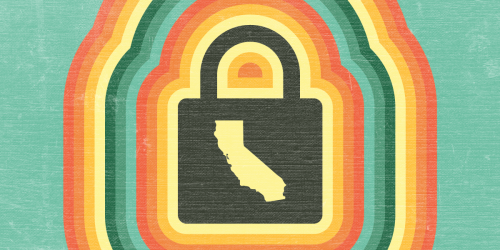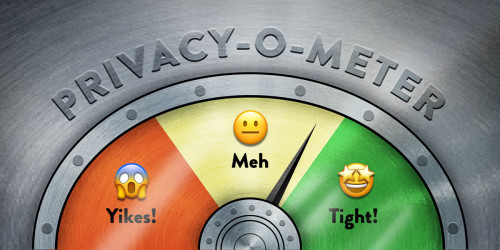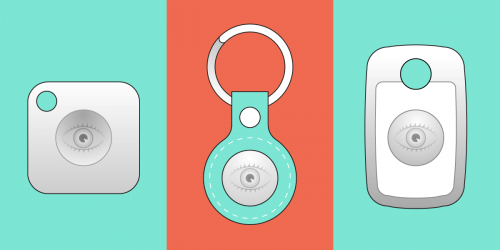This posted was drafted by EFF legal intern Alexandra Halbeck
The Court of Appeals for the Ninth Circuit, which covers California and most of the Western U.S., just delivered good news for digital privacy: abandoning a phone doesn’t abandon your Fourth Amendment rights in the phone’s contents. In United States v. Hunt, the court made clear that no longer having control of a device is not the same thing as surrendering the privacy of the information it contains. As a result, courts must separately analyze whether someone intended to abandon a physical phone and whether they intended to abandon the data stored within it. Given how much personal information our phones contain, it will be unlikely for courts to find that someone truly intended to give up their privacy rights in that data.
This approach mirrors what EFF urged in the amicus brief we filed in Hunt, joined by the ACLU, ACLU of Oregon, EPIC, and NACDL. We argued that a person may be separated from—or even discard—a device, yet still retain a robust privacy interest in the information it holds. Treating phones like wallets or backpacks ignores the reality of technology. Smartphones are comprehensive archives of our lives, containing years of messages, photos, location history, health data, browsing habits, and countless other intimate details. As the Supreme Court recognized in Riley v. California, our phones hold “the privacies of life,” and accessing those digital contents generally requires a warrant. This is an issue EFF has worked on across the country, and it is gratifying to see such an unambiguous ruling from an influential appellate court.
The facts of Hunt underscore why the court’s distinction between a device and its contents matters. In 2017, Dontae Hunt was shot multiple times and dropped an iPhone while fleeing for medical help. Police collected the phone from the crime scene and kept it as evidence. Nearly three years later—during an unrelated drug investigation—federal agents obtained a warrant and searched the phone’s contents. Hunt challenged both the warrantless seizure and the later search, arguing he never intended to abandon either the device or its data.
The court rejected the government’s sweeping abandonment theory and drew a crucial line for the digital age: even if police have legal possession of hardware, they do not have green light to rummage through its contents. The panel emphasized that courts must treat the device and the data as separate questions under a Fourth Amendment analysis.
In this specific case, because the government ultimately obtained a warrant before searching the device, that aspect of the case survived constitutional scrutiny—but crucially, only on that basis. The court also found that police acted reasonably in initially seizing the phone during the shooting investigation and keeping it as unclaimed property until a warrant could be obtained to search it.
Under Hunt, if officers find a phone that’s been misplaced, dropped during an emergency, or otherwise separated from its owner, they cannot leap from custody of the glass-and-metal shell to unfettered access to the comprehensive digital record inside. This decision ensures that constitutional protections don’t evaporate just because someone abandons their device, and that warrants still matter in the digital age. Our constitutional rights should follow our digital lives—no matter where our devices may end up.













